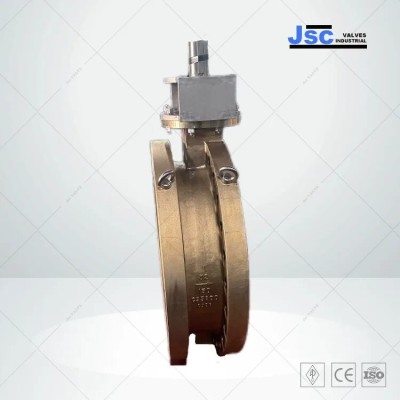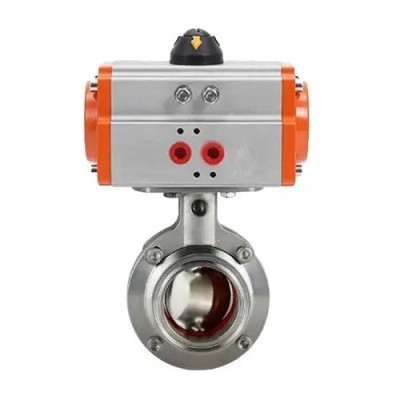A Java full-stack developer is a professional with expertise in both front-end and back-end development using the Java programming language. Such developers possess a diverse skill set that enables them to work on various aspects of web application development. Here's what is typically included in the skill set of a Java full-stack developer:
Front-End Development:
HTML, CSS, JavaScript:
Proficient in creating structured content (HTML), styling (CSS), and client-side scripting (JavaScript).
Responsive web design principles for cross-device compatibility.
Front-End Frameworks:
Knowledge of at least one front-end framework such as Angular, React, or Vue.js.
User Interface (UI) Design:
Ability to design and create visually appealing and user-friendly interfaces.
State Management:
Understanding and implementation of state management in front-end applications.
Back-End Development:
Core Java:
Mastery of the Java programming language, including core concepts and features.
Spring Framework:
Expertise in the Spring framework, particularly Spring Boot for rapid application development.
Knowledge of Spring MVC for web development.
Utilization of Spring Data for efficient database interactions.
Implementation of Spring Security for authentication and authorization.
Database Management:
Proficiency in working with relational databases (e.g., MySQL, PostgreSQL).
Familiarity with Object-Relational Mapping (ORM) tools like Hibernate.
Understanding of NoSQL databases (e.g., MongoD.
RESTful Web Services:
Designing, developing, and consuming RESTful APIs for communication between the front-end and back-end.
Version Control and Collaboration:
Version Control:
Experience with version control systems, commonly Git.
Collaboration Tools:
Familiarity with tools like GitHub, GitLab, or Bitbucket for collaborative development.
Build Tools and Automation:
Build Tools:
Proficiency in using build tools such as Maven or Gradle for project build and dependency management.
Testing:
Unit Testing:
Writing and executing unit tests, often using JUnit.
Integration Testing:
Conducting integration tests to ensure the proper functioning of the entire application.
Deployment and CI/CD:
Deployment Strategies:
Knowledge of different deployment strategies.
Continuous Integration/Continuous Deployment (CI/CD):
Setting up and maintaining CI/CD pipelines for automated testing and deployment.
Security:
Web Security:
Implementation of security best practices.
Handling authentication and authorization securely.
Awareness of common security vulnerabilities and how to mitigate them (e.g., XSS, CSRF).
Advanced Topics:
Microservices Architecture:
Designing and building applications using a microservices architecture.
Cloud Computing Platforms:
Experience with deploying applications on cloud platforms like AWS, Azure, or Google Cloud.
https://www.sevenmentor.com/fu....ll-stack-java-course
Like
Comment
Share












